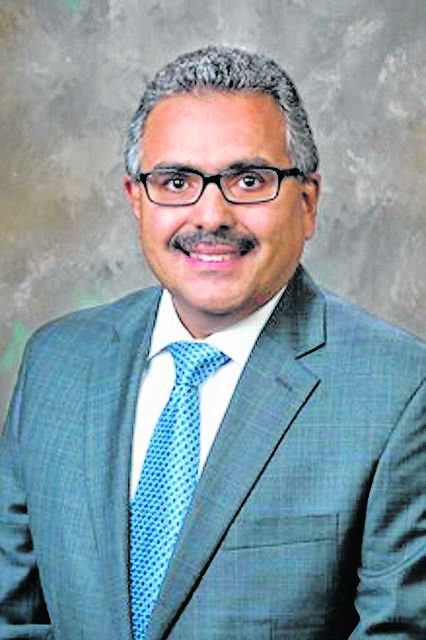Click here to subscribe today or Login.
WILKES-BARRE — Pennsylvania Secretary of Aging Robert Torres Tuesday said the results of a Department of Aging study on the impact of financial exploitation of older adults “are eye-opening and alarming.”
Torres said the findings of the study reinforce the urgent need for the General Assembly to update the Older Adults Protective Services Act (OAPSA) to strengthen protections against financial exploitation of older adults.
The study included an independent audit of 446 case files from 10 Area Agencies on Aging covering 14 counties containing the largest number of substantiated financial exploitation cases during the fiscal year 2017-18.
Luzerne County was not a part of the study.
The audit examined the types of financial exploitation that occurred, the combined amount lost, and the financial impact of these losses on the victims, the economy and the commonwealth.
The study also reviewed financial exploitation studies conducted by three other states, as well as academic literature published on the topic.
“Financial exploitation is an under-reported crime that not only harms its victims, but also has a corrosive effect on Pennsylvania’s fiscal health, as older adults whose income and assets have been drained by this crime are more likely to need assistance from publicly funded programs,” Torres said.
Highlights
The following are some of the highlights from the study:
• The majority of the victims were female, lived in urban communities, non-Hispanic, widowed and lived alone.
• The average age was 79.
• Many of the perpetrators were family members — most often an adult child or grandchild.
• The average loss to each victim studied was almost $40,000, totaling close to $12.5 million.
• With 1,488 total financial exploitation cases substantiated statewide, older Pennsylvanians collectively suffered an estimated loss of $58 million dollars during fiscal year 2017-2018 to financial exploitation in reported cases alone.
• Unauthorized bank withdrawals constituted the largest percentage of total loss, with more than $5 million or 46% in the sampled cases lost to withdrawals via ATM, debit cards and checks.
• Scams constituted 28% of the total loss and included romantic and lottery-based scams.
• 322 older adults in the study enrolled in Medicaid after their first reported incident of financial exploitation.
Recommendations
The study provides recommendations on how to prevent further financial exploitation in Pennsylvania.
These include amending OAPSA to establish a defined process to report suspected exploitation for financial institutions; increasing prevention education; and forming a task force to explore barriers, identify potential solutions and develop a multidisciplinary approach to better coordinate and increase supports when the early detection of an older adult’s declining capacity is identified.
“Amending OAPSA is critical for the department to further protect vulnerable adults from financial exploitation,” Torres said. “We need to broaden who is considered a mandated reporter required to report suspected elder abuse and we need to provide appropriate training for these individuals on the signs of elder abuse.”
Torres said the legislation the department supports expands the list of facilities at which employees are required to report abuse to include care options that did not exist in 1987 when the law was first enacted — such as home health, hospice and assisted living.
“Amending OAPSA will help us increase awareness of financial exploitation of older adults and promote collaboration with other state agencies, such as the Department of Banking and Securities, and financial service providers, to improve reporting of the abuse and action that can be taken before an older adult is victimized,” Torres added. “The bills that the Department of Aging helped shape will expire in December, so I urge the General Assembly to work together and pass a much-needed update to OAPSA.”
These AAAs had the most reported substantiated financial exploitation cases during the fiscal year beginning on July 1, 2017, and ending on June 30, 2018.
Reach Bill O’Boyle at 570-991-6118 or on Twitter @TLBillOBoyle.





